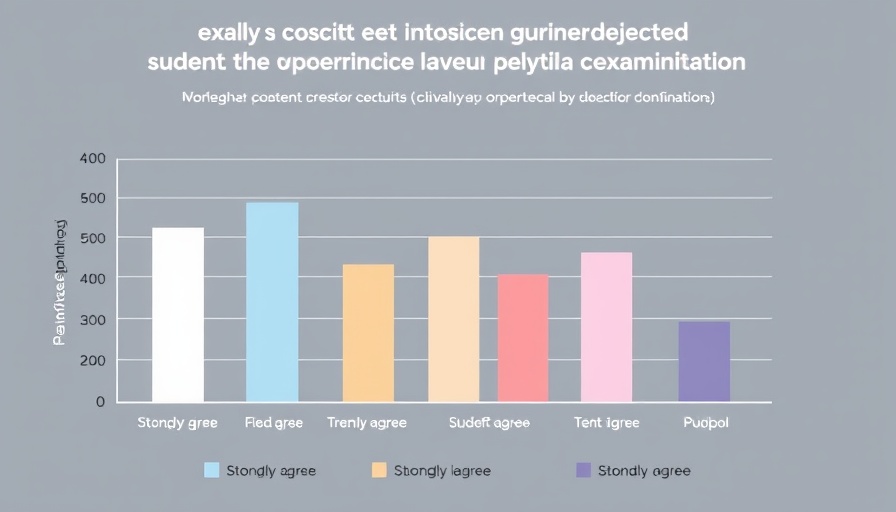
A Disturbing Practice Hidden in Medical Training
In today’s world, where we value transparency and ethical conduct, the practice of conducting pelvic exams on anesthetized women by medical students without explicit consent raises serious ethical concerns. Often described as a fundamental violation of dignity and autonomy, this troubling activity continues to thrive in medical schools globally, exemplifying a systemic issue regarding the treatment of female patients.
The Hidden Reality Behind Medical Education
Referred to as the "vending machine" model of pelvic exams, the process has been met with indignation and dismay. Medical students gather around unconscious female patients, gaining not just practical skills but also, alarmingly, a desensitized view of patient autonomy. This ongoing practice reflects deep-rooted issues within the medical education system, including a concerning trend of disenfranchising patients' voices.
Historical Context and Background
This isn’t a new issue; it has bubbled beneath the surface of medical training for decades. The normalization of such practices reveals an underlying cultural insensitivity and a long-standing disregard for informed consent. Historical patterns show that many medical professionals view patients not as individuals but as mere tools for education, perpetuating a cycle of disrespect. As healthcare evolves, it is vital to reassess these outdated practices and ensure that patient dignity remains at the forefront of medical training.
Defending the Indefensible: Medical Schools’ Arguments
In defending these practices, some medical institutions claim that patients provide "implied consent" simply by entering a teaching hospital. However, many women are unaware of this casual assumption, resulting in a significant disconnect between the ethics of patient consent and current medical training methodologies. Numerous studies indicate that a sizable portion of patients are left in the dark about student involvement in their care, raising red flags about ethical transparency in medical environments.
Counterarguments and Diverse Perspectives
The pushback against this troubling norm is growing. Critics argue that respecting an individual’s choice and informed consent is paramount, not a mere procedural formality. Advocates for change in medical education advocate for a systemic overhaul that prioritizes respect for patient autonomy and empowerment. With increasing scrutiny from the public and the medical community alike, the paradigm of teaching that disregards patient consent is under significant challenge.
The Role of Men in Changing Medical Culture
As this grim practice comes to light, men—who often constitute a significant portion of medical students and professionals—are in a unique position to influence change. Emphasizing empathy and respect for individual rights can play a pivotal role in creating a medical culture that honors patient dignity. By advocating for ethical practices and standing against systemic abuses, men in medicine can help reshape the landscape for future generations.
Moving Forward: Practical Insights for Awareness
Awareness and education are crucial in combatting these unethical practices. Engaging in discussions surrounding consent and patient rights is essential not only for those in the medical field but for society as a whole. Men, particularly professionals or those in positions of influence, should champion a culture of respect, ensuring that medical education prioritizes consent and considers the ramifications of violation on individual dignity.
With every conversation and advocacy effort, we can change the narrative and establish a healthcare environment that is safer and more just for everyone.
 Add Row
Add Row  Add
Add 




Write A Comment